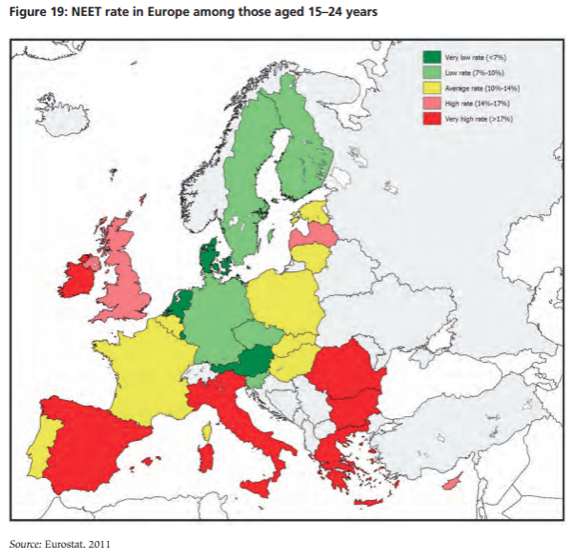
Infographic: Minimum Wage in European Union
BY
Visio Institut / July 28, 2015
We have the pleasure the present you an infographic accompanying the project on the impact of minimum wage on the economy of six Eastern European countries created by Visio Institute and supplements the previously published on our website policy paper titled \"Minimum Wage: Busting the Myth\". Enjoy!









